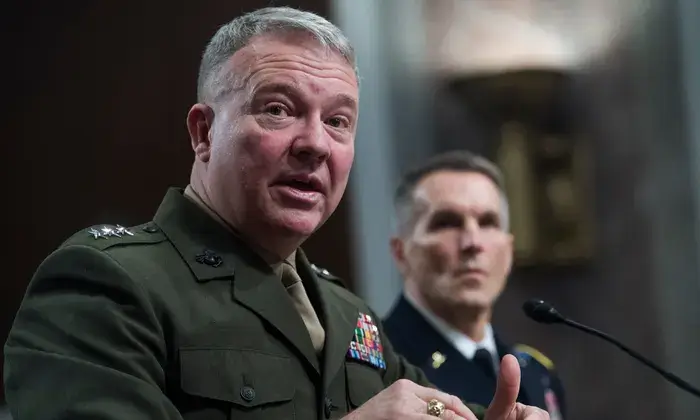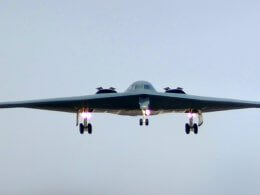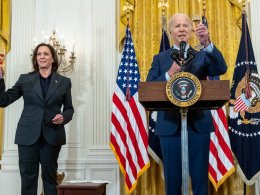The Marine general whose Afghanistan withdrawal advice was rejected by President Joe Biden says the ability of the United States to thwart a terror attack from inside that country is now "gravely reduced" by inadequate intelligence.
"I think that we have very, very limited ability to see into Afghanistan right now," retired Marine Gen. Frank McKenzie said Sunday on "Face the Nation" on CBS. "I've said I think we've got certainly less than two or three percent of the intelligence capability that we had before we withdrew."
McKenzie testified earlier this year to Congress that he told Biden that the Taliban would overrun Afghanistan if the U.S. didn't keep 2,500 troops on the ground. Biden rejected that advice.
On Sunday, the general was asked why he didn't resign when the president rejected his advice.
"Once a civilian leadership makes a decision, even though I might disagree with that decision, it is my moral responsibility to execute that order," he said.
Historically, resigning "is not something that U.S. officers have typically done," McKenzie added. "And it sends a very bad signal. It is a political act by an officer who must need and must be and remain apolitical."
McKenzie, however, acknowledged that the decision to withdraw the way the United States did has had serious consequences for its ability to wage the war on terror.
"Our interest in Afghanistan is preventing al-Qaeda or ISIS from regenerating and being able to conduct an attack on our homeland or the homelands of our friends and partners," he said. "And our ability to do that has certainly been gravely reduced."
He praised the recent drone strike that took out al-Qaeda leader Ayman al-Zawahiri, but cautioned it wasn't proof the United States has strong operations on the ground. "I would note that's one strike in a year, and ...
I would be careful about drawing conclusions about our ability to operate effectively in Afghanistan in a counterterrorism sense based on that single operation," he said.
McKenzie was inside the Pentagon on Sept. 11, 2001 when it was struck by one of the hijacked planes. He reflected on the 21st anniversary of that deadly attack, saying the 20-year war in Afghanistan kept another major attack from occurring on U.S. soil.
"We prevented a major attack from occurring on the United States," he said. "The cost was not cheap, as you noted. We lost a lot of brave young Americans. Our coalition partners lost a lot of their soldiers. And, of course, the Afghan people paid a steep price for that."










